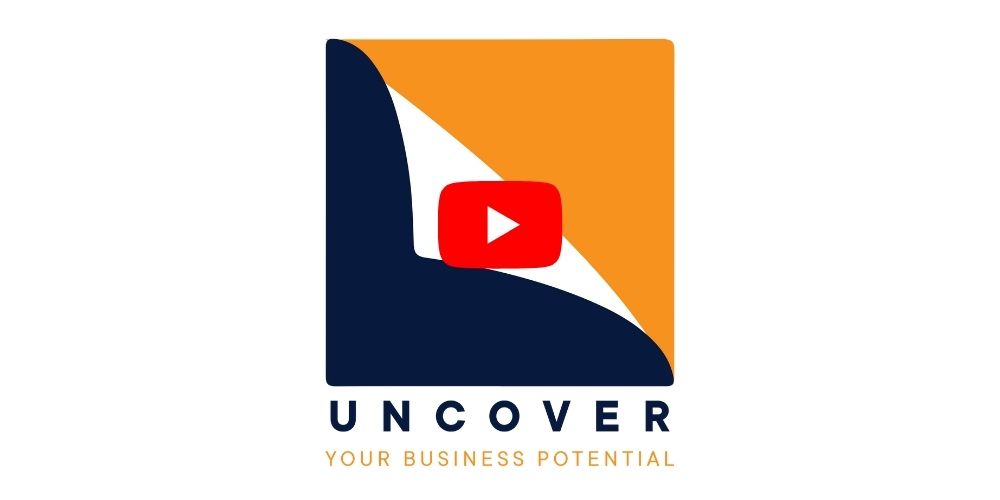When you run your own business, you’re invested.
I don’t mean financially, although that’s certainly part of it. I mean you’ve got a huge piece of you invested in the project; heart, soul, ego. And sometimes that leads a person to rationalise why their current approach is the right one.
I know you’ve got to back yourself, but there are times when you’d just be better off doing it the way someone else knows works.
Self-awareness is tough.
Seth Godin summed it up perfectly in a recent blog, Rationalizing Your Project:
“That’s how many reviews of online recipes begin. Then the poster explains that he replaced the sour cream with yogurt (it’s what he had in the fridge), that he replaced the wheat flour with rice flour (it’s gluten-free) and he used the toaster oven instead of a real oven…
…In the face of helpful advice, it’s easy to say, “sure, that’s what I’m already doing,” and then torture your description of the current project to make it sort of, almost, sound like you’re following the suggested new approach.
But you’re not. You’re merely wasting time and effort pretending you’re embracing this new way of doing something.”
I see and hear the same sort of rationalisations in my consulting work. Here are a few examples:
Weekly Meetings
Lots of firms don’t want to hold a weekly meeting at leadership level. They’re too busy doing it, doing it, doing it as Michael Gerber, author of the E-Myth, would say.
Yet if you saw another firm that was so busy they couldn’t find 90 minutes a week to solve issues in their business, you’d instantly realise they’re the firm that most needs to be embracing a weekly meeting.
I had another firm that told me they couldn’t follow the weekly meeting process. It’s not a difficult process to learn or follow, but you do have to actually do it. I tried for a long time (years) to get them to do it properly and failed. Another person working with them pleaded their case, saying, “There’s other ways to hold an effective meeting.”
She’s right. There are. But it still didn’t address the issue.
They weren’t using someone else’s effective process properly, either. So they never got the go-forward they could have had.
The opportunity cost of not being able to establish a quality meeting process?
They’re at £1M of turnover, but they could absolutely be at £2M right now. They’re that good a firm in many other areas.
Lost value to them?
- A doubling of their personal income. Let’s call that lost income of £100,000 per year, per partner.
- A doubling of their business valuation. Let’s call that £2.4M of lost capital value.
When you put it like that it feels a lot more real. But you can’t see or touch opportunity cost. It doesn’t show up anywhere in the P&L or the Balance Sheet. It’s not measured.
First Meeting Skills
What’s the right set for you to be the top 5% of?
Is there a more important skill for a Financial Planning professional to master than the first meeting?
Not in my opinion.
It’s also a skill that you could be improving for the whole of your career, regardless of current skill level.
Yet I still hear people telling me they don’t buy into the selling skills approach of George Kinder, or Bill Bachrach, or Maria Nemeth, or Brett Davidson, or Paul Armson, or Steve Martin and Damian Rylett.
They say, “I do it slightly differently.”
Yes, but your way doesn’t create amazing engagement with clients at the first meeting. It doesn’t allow you to charge a much larger planning fee than you currently charge. It doesn’t have clients walking away thinking, “OMG, that was amazing.”
There are implications.
It could be as obvious as not enough people choosing you as their adviser. Good quality new client leads can be hard to come by for some firms. You don’t want to be burning through too many that don’t convert into ongoing clients.
Or it could be more subtle. Your conversion rate is great, yet you don’t get a lot of referrals from your existing clients.
The opportunity cost of not blowing people’s minds with your first meeting?
The hours and hours of time you have to spend:
- Thinking about…marketing
- Talking about…marketing
- Writing marketing plans…for marketing
- Engaging with expensive external consultants…for marketing
- Attending networking functions that you hate…for marketing
- Trying to develop professional connections that don’t get it and who take 3 years to never send you a lead…for marketing
I don’t even know where to start in putting a value on it. It doesn’t show up anywhere in the P&L or the Balance Sheet. It’s not measured.
Shedding Smaller Clients
Lots of business owners can tell me about the business they’re trying to build.
It might be a small but beautifully formed lifestyle business. One where you only need to work for 6 months of the year.
Or it might be a growing, thriving, larger enterprise that makes an impact in the profession.
Either way, it’s really hard to make a business case that says the best way to achieve that is to hang on to the smaller clients at the bottom end of your client base.
We’ve all got limited time and resources to work with. So there are only a few levers you can lean on to make your business perform better, regardless of which business model you aspire to build:
- You can charge more money to your existing clients
- You can see clients with more money who have the capacity and willingness to pay higher fees
- You can hire more advisers and staff to grow your enterprise and profitability
This is a pretty simple concept to understand, but letting go of smaller clients is emotional and leads to some difficult choices, so lots of firms avoid it.
They say…“I can’t let these clients go, because…
- I live in a smaller local village and if I sack a client it’ll get out about town and destroy my reputation.
- A lot of my clients are elderly and so I can’t just dump them at this stage of their lives.
- Some of the clients we’re discussing here are the people that got me started. I feel a loyalty to them.
- If I let these clients go, where will they get advice? If they go to the bank they’re probably going to get screwed and that’s not ok with me.
- I’ll get a junior adviser in to service them. Then I can get back to finding new higher quality clients.
- I know I should let them go, but I need the income that they bring in. If I let them all go I might put myself in financial difficulty.
- These clients are actually profitable. They don’t take up much time. Why would I let go of profitable business?”
Whilst I appreciate the sensitivity around some of these objections, they can all be overcome in a way that sits nicely with your personal values.
The opportunity cost of hanging on to smaller clients who don’t really fit with where you are headed?
- Emotional inner turmoil
- Employing staff to open letters and then shred the contents
- Compliance risks
- Having an adviser that services these clients; and pretending that’s profitable, or that it’s helping the junior adviser to learn
- Larger overhead than necessary
- More business complexity
- Lack of growth
- Lack of focus
It doesn’t show up anywhere in the P&L or the Balance Sheet. It’s not measured.
We all know that at times it makes sense to get some external help. However, as Seth says:

Uncover Your Business Potential 2021 is enrolling now
Our next Uncover Your Business Potential programme commences on Thursday 23rd September.
It’s like an MBA for the owners of financial planning businesses.
Watch this video to find out more
There are only 5 places left and we start next week. If you’d like to secure one of those final places let’s set up a call – [email protected].
This is our one and only group for 2021.
“In the age of unlimited access to recipes, the hard part about getting good advice isn’t getting it. It’s following it.”
~ Seth Godin
A wise person once told me, “If you find an amazing blog that gives you loads of free help and advice, sign up to it straight away, so you get it before everyone else.” Ok, I’m making that bit up, but I’m sure there’s someone would give me that advice. If you think it makes sense then sign up to my weekly blog below. (You can leave anytime, although I don’t think you’ll want to)





2 comments to " The Recipe For Success (are you following it?) "